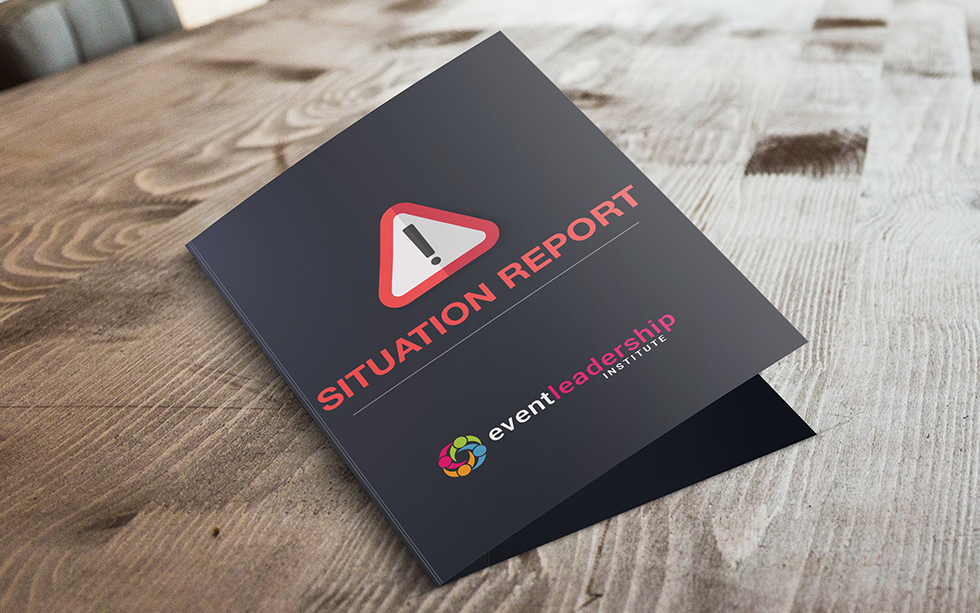Situation Report: Securing Working Capital
The Event Leadership Institute checks in weekly with a select group of event planning business owners across the US and Canada. Group members report on how their businesses are faring and offer coping strategies amid the massive disruption from COVID-19. We call it the Situation Room. Recently, the conversation covered securing working capital.
Event Leadership Institute will continue sharing insight and experiences from the Situation Room on our blog. Check back with us for more.
Maintaining cash reserves
Business owners in the Situation Room report taking a number of measures to get and keep cash in house while revenues are greatly reduced or flat during April and May (likely through September and October):
- Reducing staff or cutting salaries
- Reviewing cancellation policies. Where possible (client contracts worded appropriately), consider being more aggressive with cancellation polices
- Changing pricing models to an hours-based model to receive revenue (and cash) when work is performed
- Adding new offerings, such as design and strategy services
- Assisting the local community with project management and support services related to the COVID-19 epidemic
- Keeping invoicing current now that talk about cancellation penalties is on the table
Pursuing loans and government relief programs
The US and Canada have frameworks and resources for small business loans in “normal” (non-COVID-19) times.
- In the US, the CARES Act authorizes two programs for small business relief.
- The Economic Injury Disaster Loan Program (EIDL) offers interest rates of up to four percent for no more than 30 years. Receiving a $10,000 grant in as few as three days is also possible.
- The Paycheck Protection Loan Program (PPLP) provides cash flow assistance to employers and self-employed individuals who maintain their payrolls through the emergency. Under certain conditions, such as employee retention and salary levels and amounts spent on payroll, rent, utilities, health insurance and other healthcare costs during the eight-week period following loan issuance, the loans will be forgiven.[1]
- The Canada Emergency Response Benefit offers small businesses a subsidy of up to three months with a maximum of $1,375 per employee and $25,000 per employer.
- British Columbia is deferring provincial sales tax (PST) payments. Alberta is deferring worker compensation (WCB) premiums and covering 50 per cent of the premium when it is due for small and medium businesses.
Those uncertain about business financing options in the US, can contact a local Small Business Development Center (SBDC) for assistance. Destination Canada has compiled a list of resources for small businesses.



In the US, I am pretty sure the Economic Injury Disaster Loan would be forgiven. That is my understanding. I applied for it yesterday.